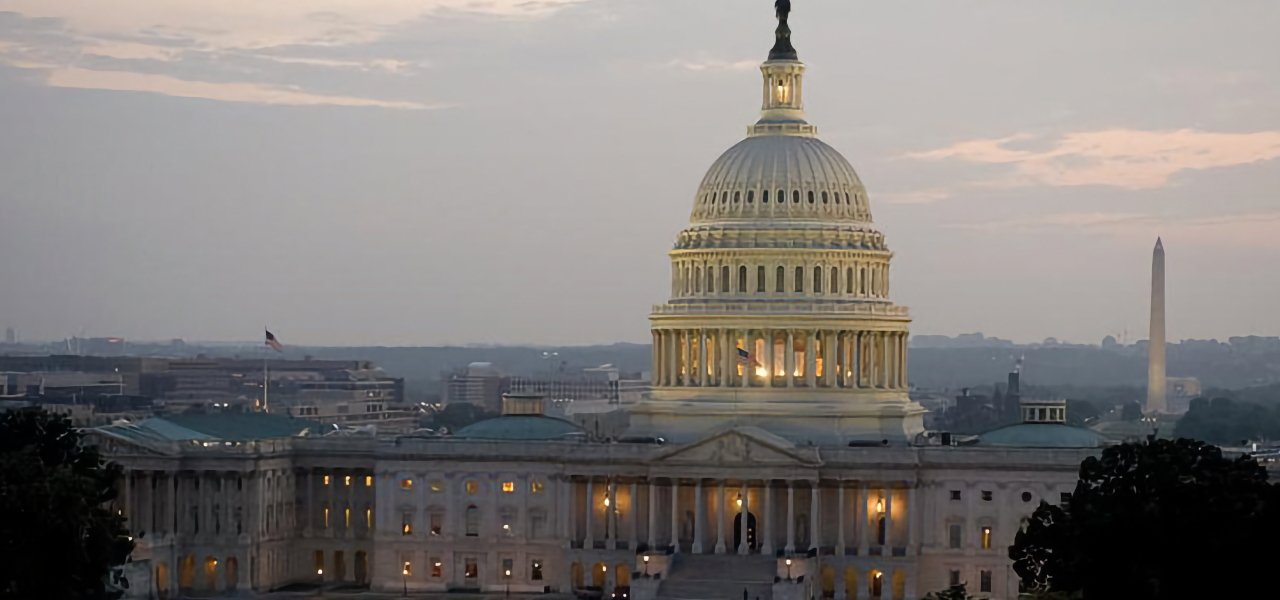Several members of Congress overseeing Big Tech issues are accused of owning significant quantities of Apple stock, which could present conflicts of interest.
As Big Tech firms, most especially including Apple, come under increasing scrutiny from governments worldwide, Senator John Ossoff (D-Ga) is accused of effectively being in collusion with Apple because he may own stocks in the company. The New York Post makes vague claims that unspecified “watchdogs” are concerned over conflicts of interest, but the publication appears to be the accuser.
It’s hard to be certain whether the accusation comes from The New York Post itself, or whether there are any actual “watchdogs” accusing Ossoff and other members of Congress. That’s because the publication’s article is hyperbolic and so bordering on hysterical that it’s difficult to find the facts for all the noise.
Nonetheless, the publication’s position is that Senator Ossoff, who has campaigned against congressional stock trading, is among the almost one in five in the Senate “who own or likely own” Apple stock. That phrasing is not entirely as woolly as it sounds, because the publication is counting senators who, like Ossoff, have put their stocks into a blind trust.
“You can’t put Apple stock in a blind trust and pretend you don’t have Apple stock,” Richard Painter, former White House chief ethics lawyer under President George W. Bush, told The New York Post. “This blind trust business, it doesn’t work unless you actually sell the underlying assets.”
Reportedly, at least 14 other members of Congress have stocks in Apple. Those include Democratic Senators John Hickenlooper, Thomas Carper, Jacky Rosen, Ron Wyden and Sheldon Whitehouse, as well as Senator Ossoff.
They also include Republican senators Kate Britt, Tommy Tuberville, John Boozman, Susan Collins, Markwayne Mullin, Tim Scott, Bill Hagerty and Shelley Moore Capito.
But speaking specifically about Senator Ossoff, Painter said that he had demonstrated “really bad judgement” by not selling his Apple stake upon taking office. It seems like general rule should apply to anybody taking office — which is what the blind trust regulation that Ossoff is championing will at least partially address.
Ossoff is said by the publication to have owned between $1 million and $5 million in Apple stocks before setting up a blind trust in 2021. In this case, the imprecision in the details appears to be down to the publication, with other sources say Apple represented half of Ossoff’s net work before taking office.
Senator Ossoff is obviously not part of the Department of Justice’s antitrust case against Apple. He is, though, a majority member of the Senate Judiciary Subcommittee On Privacy, Technology, and the Law.
In that capacity, he voted in favor of advancing legislation through the pair of bills, the American Innovation and Choice Online Act (AICOA) and the Open App Markets Act. Neither bill made it through to law, allegedly following lobbying by firms including Apple.
The two bills both concentrated on anti-steering regulations, which would prevent firms from giving preferential promotion to their own services. The AICOA bill would also have at least encouraged Apple to allow sideloading and third-party app stores.
Both of the bills were delayed being put forward, for lack of sufficient support, which ultimately ultimately defeated them, too. Very similar legislation has subsequently been passed into law in the European Union, though.
The New York Post says that while Ossoff publicly backed both bills, in private he raised concerns about them. Specifically, he questioned the bills’ impact on user security and data privacy, just as Apple has done.
“Having to deal with a senator who regularly repeated Apple talking points — as if it wasn’t obvious they were Apple talking points — was bad enough,” a unnamed source told the publication. “But it was even worse that in all likelihood he owned millions of dollars in Apple stock as he was doing it.”
A spokesperson for Senator Ossoff told The New York Post that this criticism was “laughable.” The spokesperson declined to comment on whether the senator’s blind trust still included Apple shares.





